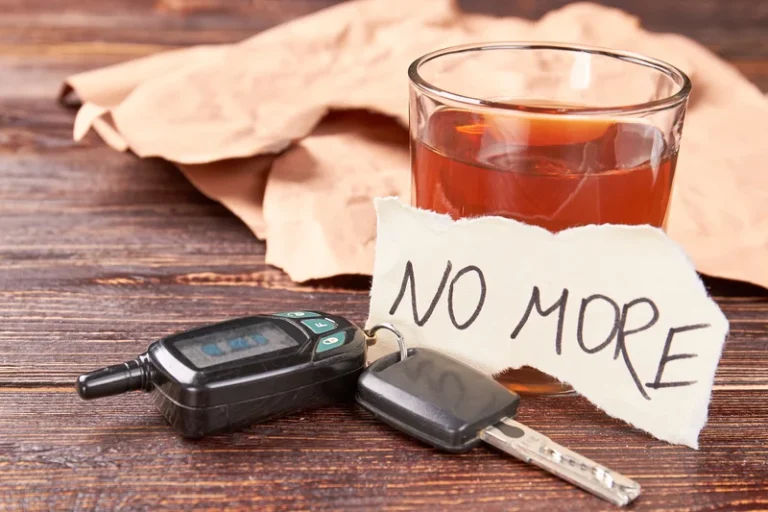
Shaking, whatever the cause, is unpleasant, and you will want to know how to get rid of shakes after drinking. When you drink heavily, it may weaken your heart muscle, damaging the heart’s effectiveness to pump blood everywhere in the body. Waking up with a hangover is bad enough, but why do you shake after drinking? There are a number of things that you can do to prevent or at least limit hangovers.
Common Signs of Cocaine Use

Other factors like overall health, sleep deprivation, smoking, genetics, weight, gender, and age will play a role in severity. One of the symptoms of alcohol tremors happens after binge drinking or drinking for an extended time. It’s struggling to adapt to the changing alcohol levels in the system. There are a few different possible causes, although they all often look the same to the observer. They should all be taken as a warning sign that there is too much alcohol in the body.
Risk factors

Understanding the causes of hangover shakes is essential for recognizing and managing this common alcohol-related symptom. By addressing dehydration, electrolyte imbalances, and alcohol withdrawal symptoms, individuals can take steps to alleviate or prevent hangover shakes. Hangover symptoms, including shakes, usually begin a few hours after alcohol consumption stops and peak when blood alcohol concentration reaches zero. The effects of a hangover, including shakes, can last up to 24 hours after the alcohol has left the body.
Other Causes Of Hangover Shakes
If you have alcohol intolerance, you may have a genetic inability to process the acetaldehyde fast enough. You may feel drunk after drinking even a small amount of alcohol. Excessive alcohol misuse can produce more than the usual discomfort the next day. Excessive alcohol consumption can cause alcohol poisoning, which can be life-threatening.

Principles of Medication-Assisted Treatment

It can be challenging to raise your blood glucose levels because the person may struggle to keep food or liquids down without vomiting or feeling nauseated. Alcohol-related brain damage is a brain disorder caused by drinking too much alcohol over several years. This happens because alcohol replaces the GABA temporarily as a calming chemical. Once the alcohol wears off lacks relaxing GABA but still, with lots of Glutamate, we get mentally and physically excited. Researchers say Korean pears might work with your body’s chemistry to break down alcohol faster. The extract has a protein that curbs the inflammation you can get from drinking too much.
- Keep in mind that it is important to minimize the use of Tylenol (acetaminophen) when drinking alcohol (or recovering from a hangover), as the combination can harm the liver.
- The shaking or trembling can be an expression of alcohol withdrawal as the body metabolizes the remaining alcohol in the system.
- But if you can find Korean pear juice at your local supermarket, it doesn’t hurt to try a glass before you go out drinking.
- However, it is best to contact a healthcare professional for help with severe symptoms or if there is a chance DT can occur.
Caffeine may not have any special anti-hangover powers, but as a stimulant, it could help with the grogginess. In the following sections, we will explore the causes of hangover shakes and provide insights into effective treatment approaches to alleviate the discomfort. The only way to ensure the prevention of hangover shakes is to avoid alcohol use. When you drink alcohol, your body responds by decreasing the number or sensitivity of receptors that bind to the neurotransmitter gamma-aminobutyric acid (GABA). It simultaneously increases the number or sensitivity of receptors that bind to glutamate, another neurotransmitter, in a bid to counter the sedative effects of alcohol.
Alcohol Consumption Effects
This can make your blood pressure drop, causing exhaustion and weakness after drinking alcohol. In severe cases, alcohol withdrawal can lead to a condition called delirium tremens, which is an extreme form of alcohol withdrawal. Delirium tremens can cause seizures and, in rare cases, be fatal. It typically occurs when alcohol intake is abruptly reduced or stopped after a period of heavy drinking. Immediate medical shivering hangover care is necessary for individuals experiencing delirium tremens.
In the meantime, pile on the blankets and make a cup of tea. Hangover shakes, tremors, headaches, nausea, vomiting, night sweats, thirst, dizziness, dry mouth and stomach pains are common hangover symptoms. A study published in The Journal of Clinical Medicine evaluated the diets for 24 hours before and after excessive drinking occurred.
